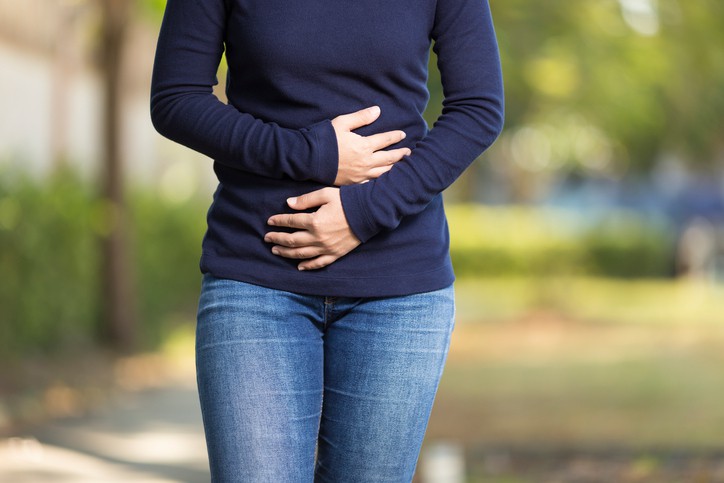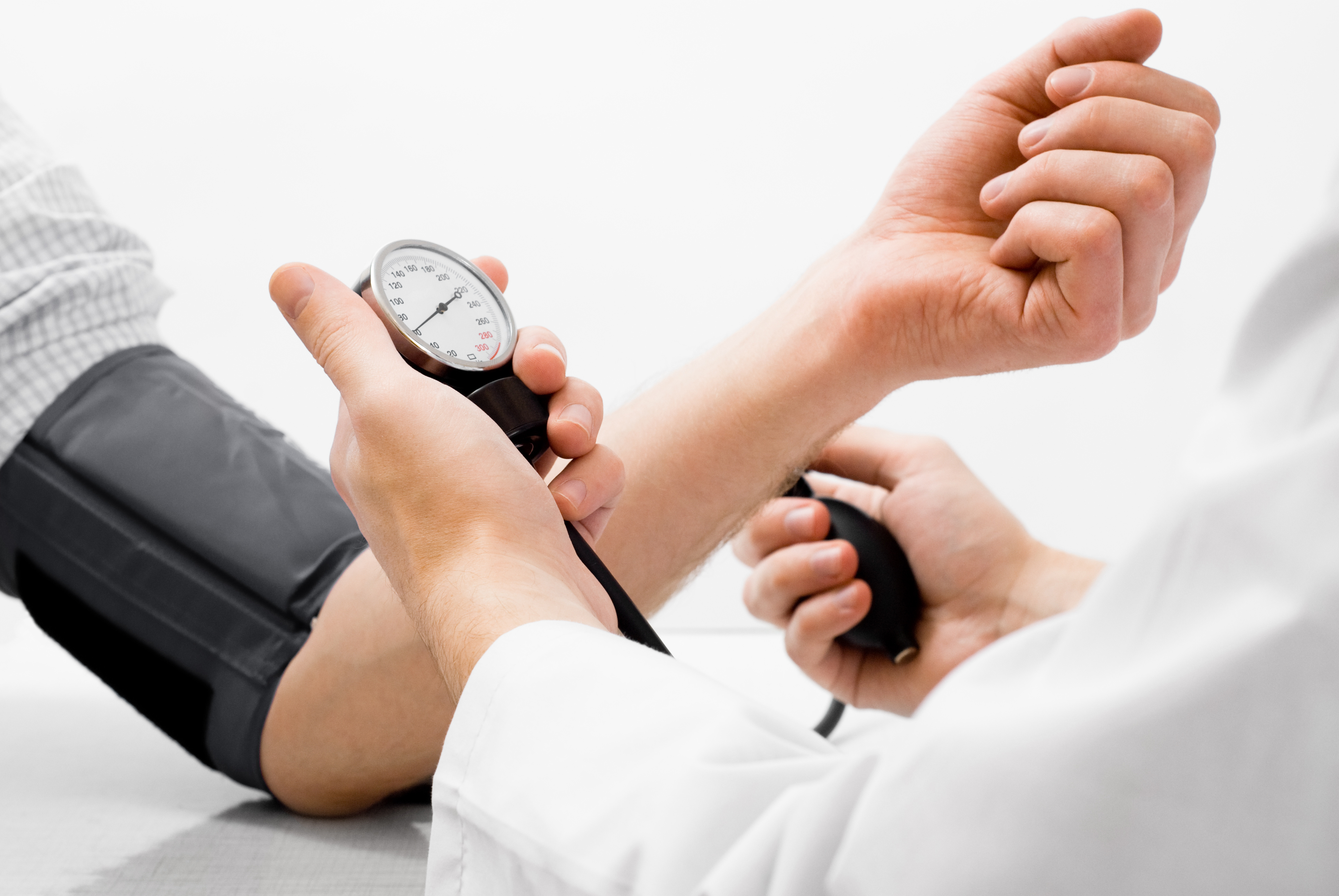Contents:
- Medical Video: 5 signs of ovarian cancer
- What is an ovarian cyst?
- What are the symptoms of ovarian cysts?
- When to see a doctor?
Medical Video: 5 signs of ovarian cancer
Ovarian cysts are one of the common health problems in women. Every woman can have this disease, especially in women who are still menstruating every month. Usually ovarian cysts can disappear on their own without you knowing that you have an ovarian cyst. However, a large ovarian cyst can show several symptoms. This is what you need to be aware of. What are the symptoms of ovarian cysts?
What is an ovarian cyst?
Every woman has two ovaries that every month will release the eggs alternately. Sometimes a cyst (small fluid-filled sac) can develop in one of the ovaries. Maybe you have experienced it without you knowing it. Many women have cysts at least once during their lifetime. However, generally this is not painful and harmless. In fact, this ovarian cyst can disappear by itself without the need for treatment.
However, what you need to watch out for is when these cysts don't disappear, instead they get bigger, and they break. This type of cyst can usually cause symptoms of ovarian cysts and make you uncomfortable. There are two types of ovarian cysts that you need to know, namely:
- Functional ovarian cyst. Cysts that develop due to part of the menstrual cycle. This type of cyst is harmless and easy to lose on its own. This is the most common type of cyst.
- Pathological ovarian cysts. These cysts develop because of abnormal cell growth. Usually these cysts cause symptoms and need special care to deal with them. This type of cyst can be benign or malignant (cancer).
What are the symptoms of ovarian cysts?
In general, small ovarian cysts do not cause any symptoms and can disappear on their own. However, large, broken ovarian cysts that don't go away can cause you to feel uncomfortable and cause some symptoms, such as:
- Lower abdominal pain (pelvic pain), which can come and go, and can spread to the lower back and thighs
- Pelvic pain before and after menstruation
- Menstruation is irregular, can even be painful, heavier, or lighter than usual
- Pain and feeling uncomfortable in the lower abdomen during intercourse (dyspareunia)
- The stomach feels depressed
- Feel bloated or swollen in the stomach
- Difficulty defecating or getting sick when defecating
- More frequent urination due to pressure on the bladder or you have difficulty emptying the bladder
- Feel very full after eating only a little
- Nausea, vomiting, or pain in the breast, as felt during pregnancy
When to see a doctor?
If you experience symptoms of ovarian cysts as above, you should consult your doctor. However, sometimes ovarian cysts also need emergency attention, meaning you should see a doctor right now. Go to a doctor immediately if you experience the following symptoms:
- Sudden abdominal pain
- Pain accompanied by fever and vomiting
- Dizziness, feeling weak and wanting to faint
- Breathe faster
These symptoms may indicate that the cyst in your ovary has caused changes in the ovary. So, the doctor must immediately get treatment.












